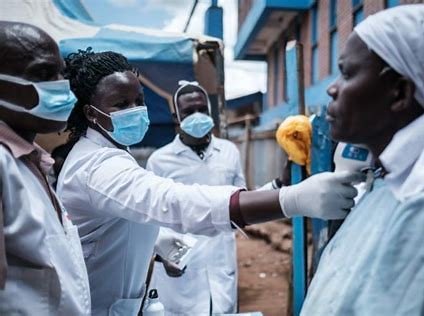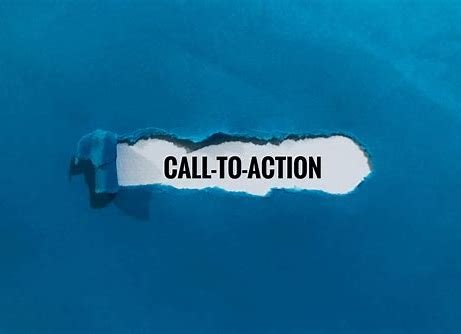Many areas have seen a halt to progress, in part due to a convergence of crises that include the ongoing pandemic, growing inflation, and the cost-of-living problem, as well as global, environmental, and economic misery, as well as regional and national unrest, conflict, and natural disasters. Because of this, the previous three years have seen significant disruptions to the overall progress towards the 2030 Agenda and the Goals; yet, every inch of development matters and counts.
The major hurdles hindering the Global SDGs in 2023 are not transforming quickly to meet the target, the degradation of ecosystems and resources, and the effect of COVID-19.
Hurdles to meeting the target for implementation
With many crises and delayed implementation, the situation is significantly more concerning in 2023. Countries have not moved quickly enough to achieve goals, and whose advancement was too slow in 2019. Many recent crises, including the COVID-19 pandemic, rising living expenses, armed warfare, and natural disasters, have also reversed years’ progress toward several goals, such as eliminating deep poverty. Relatively little progress has been made on goals such as providing access to electricity and vaccinating every child under the age of five.
Degradation of ecosystem and resources

Resources and time must be used as wisely and efficiently as possible when working as a collective. To do that, decision-makers must take a systematic and strategic approach to driving and accelerating reforms, and they must use time and resources—human, knowledge, financial, and institutional, among others—as wisely and effectively as possible.
Hurdles due to COVID-19

The advancement of these goals continues to be significantly affected by the COVID-19 pandemic. Apart from claiming the lives of almost 15 million people worldwide, it has also hindered, interrupted, or momentarily stopped the advancement of the goals. Jobs, livelihoods, earnings, and remittances were lost due to the pandemic. Global labor hours in 2022 are still 2% less than before the global pandemic.
Accelerating changes to the SDGs
Despite these challenges, there have been improvements and transformations in certain areas. The use of zero-carbon technologies as one of several options for mitigating climate change is an example of how the world has advanced. The Green Revolution was a significant intervention that changed agricultural systems by utilizing high-yielding crops, fertilizers, and irrigation. However, there is also a warning regarding the Green Revolution. Crop yields surged quickly, food consumption increased, and malnutrition decreased. However, because of unfair land distribution, inadequate tenancy rights, and restricted access to credit, the Green Revolution frequently caused divisions and left many smallholders behind. As a result, ensuring just transition is a key task in the Green Revolution.
Social protection and human well-being
Governments should set up national systems for universal social security and speed up the implementation of universal health care, as outlined in the 2030 Agenda, to eliminate disparities within and between societies, eradicate poverty, and increase resilience to shocks. To reach everyone, especially those impacted by crises and emergencies, universal social protection must be flexible.
Education creates informed, involved communities that are better equipped to handle the planet’s largest problems. Maintaining the pledge to provide every girl and boy on the planet with at least 12 years of high-quality education is essential. To guarantee that everyone has the information and abilities that support creativity, resilience, and innovation, education institutions must be changed. The advancement of sustainability will benefit from the development of STEM education, especially for women and girls.

In keeping with the inter-linkage ethos of the Goals, policymakers should advance human well-being as a co-benefit of other policies. This co-benefit thinking should be explicitly and methodically included in cost-benefit evaluations and impact assessments. Improved home insulation, for instance, can lower CO2 emissions and improve health. The health of people can be improved, poverty and inequality can be decreased, women’s and girls’ safety can be increased, and environmental health can be promoted by focused actions to ensure universal access to safe and effective water and sanitation services. Using domestic capital and tariffs to recover operations and maintenance costs while paying fair attention to equality benefits the economy and gives regulatory bodies more authority.
Calls to action for a shift in developments
To effectively implement Agenda 2030, political leadership and ambition must be actively mobilized, and meaningful stakeholder input and effective participation are key to fostering societal support for transformative policy changes.

First, the United Nations Member States should develop a shared transformation framework for Sustainable Development Goals at the halfway point of the 2030 Agenda.
Secondly, it suggests enhancing the ability for change at the human, institutional, and network levels which includes developing the capacity to plan, think creatively, handle conflict, recognize and get past obstacles, and deal with risks and emergencies.
Thirdly it proposes important synergistic interventions in each of the six entry sites for sustainability transformation.
Fourth, it suggests five ways to improve the fundamental circumstances for implementation: investing in gender equality, assisting marginalized groups, leveraging the digital transition, improving budgetary space, and preventing and resolving conflicts.
Lastly, it makes recommendations for methods and instruments for changing science to make sure that research, governance, and the general public collaborate toward a time when people and the natural world can coexistIn summary, implementing action plans by nations to accomplish certain sustainable development goals is essential to the global advancement of the 2030 Agenda. With collective efforts and actionable outcomes, hurdles can be finally overcome.
References
Global Sustainable Development Report 2023

